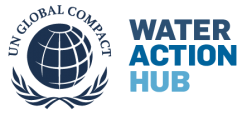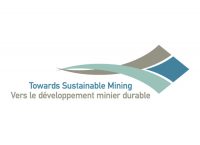Improve site water balance
Showing 51–68 of 68 results
-
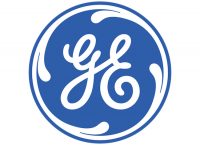
Solutions for Sustainable Water Savings (2007)
This good practice provides a framework for site managers, corporate officers, engineering firms, and water saving advocates to develop a water efficiency objective, and shows the necessary steps in delivering a reduction of water footprint and measuring the associated financial impact.
-
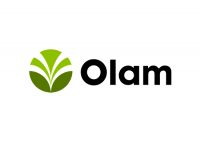
Survival of the Driest – Olam’s Innovative Onion Breeding Program (2017)
Olam’s long-term selective breeding program to produce onions with higher solid content and lower water content, combined with a focus on optimizing irrigation in collaboration with the growers.
-
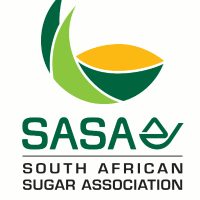
SUSFARMS Sustainability Tool (2019)
The Sustainable Sugarcane Farm Management System (SUSFARMS®) is a farming system designed to encourage sustainable, responsible sugarcane production through the implementation of better management practices (BMPs).
-
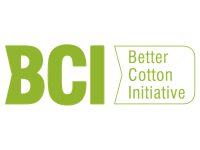
Sustainable Cotton Farming – Good Practices in Textile Material Industries
The Better Cotton Principles and Criteria (P&C) assist farmers with sustainable cotton farming, which can improve water quality and water use efficiency.
-
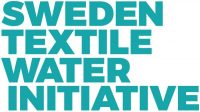
Sweden Textile Water Initiative Guidelines (2017)
Sweden Textile Water Initiative is based on the idea that fashion brands must cooperate and follow common guidelines in order to achieve sustainable water use.
-
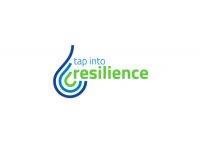
Tap into Resilience Toolkit (2020)
The TIR Toolkit is an interactive resource providing actionable information on decentralized water infrastructure for utility decision makers, management, and staff.
-
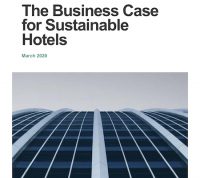
The Business Case for Sustainable Hotels (2020)
This report offers research that analyzes the business case for sustainable hotels under six categories, and provides recommendations, evidence and actions for each partner in the property value chain.
-
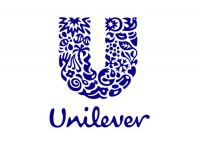
Unilever | Improving Water Efficiency in Manufacturing (2017)
This case study looks at Unilever’s strategy to minimize manufacturing water use and its impact on watersheds.
-
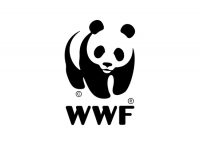
Water Balance Targets (2016)
This report discusses where the concept of water balance came from, the motivations for balance initiatives, types of balance projects and benefits, important considerations, and emerging water stewardship trends in target setting.
-
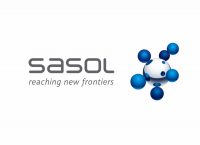
Water Loss Reduction in Zamdela – “Metsimaholo Water Loss Reduction Project” (2019)
This case study looks at actions taken by Sasol to reduce water loss, improve municipal water infrastructure, and improve access to water for the local community in the Zamdela area of the Metsimaholo Local Municipality.
-
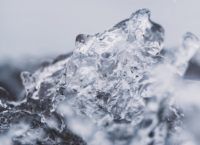
Water Reuse at a Mexicali Power Plant – Ecolab Case Study
This case study looks at the steps taken by Nalco Water to help reduce concentrations of calcium, sulfate, and chloride in a power plant’s cooling tower in order to improve the plant’s use of grey water.
-

Water Savings for Steel Manufacturers – Ecolab Case Study (2015)
These case studies explore how Ecolab’s partnership with a Brazilian steel group, as well as its partnership with a Chinese steel producer, resulted in significant water savings for both companies.
-
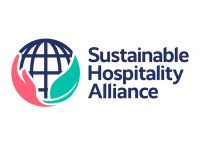
Water Stewardship For Hotel Companies (2018)
This report is intended as a practical resource to define “water stewardship” in the hotel industry to help companies better manage their water use and impacts through six steps.
-
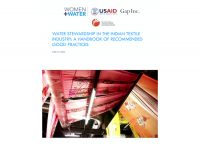
Water Stewardship in the Indian Textile Industry: A Handbook of Recommended Good Practices (2020)
This handbook shares recommended good practices for advancing water stewardship through improvements in water use efficiency and water quality, focused on primary and secondary processes in textile mills in India.
-
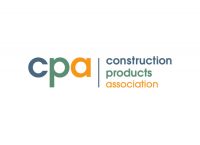
Water Use Guidance for Construction Product Manufacturers
Construction product manufacturers are becoming increasingly aware of the potential impact of variable supplies of suitable water and the risk this poses to their businesses. This good practice details steps construction manufacturers in the United Kingdom can take to mitigate water stress, become more water efficient, and utilize products that enable both householders and businesses to minimize their water usage.
-

West Coast Refinery Reduces Water Consumption – Ecolab Case Study (2017)
This case study examines the actions taken by a west coast refinery to enhance sustainability and operational performance by partnering with Nalco Champion.
-
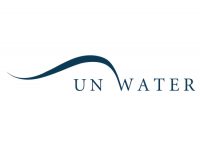
World Water Development Report 2020: Water and Climate Change (2020)
The 2020 U.N. World Water Development Report focuses on the challenges, opportunities and potential responses to climate change, in terms of adaptation, mitigation and improved resilience that can be addressed through improving water management.
